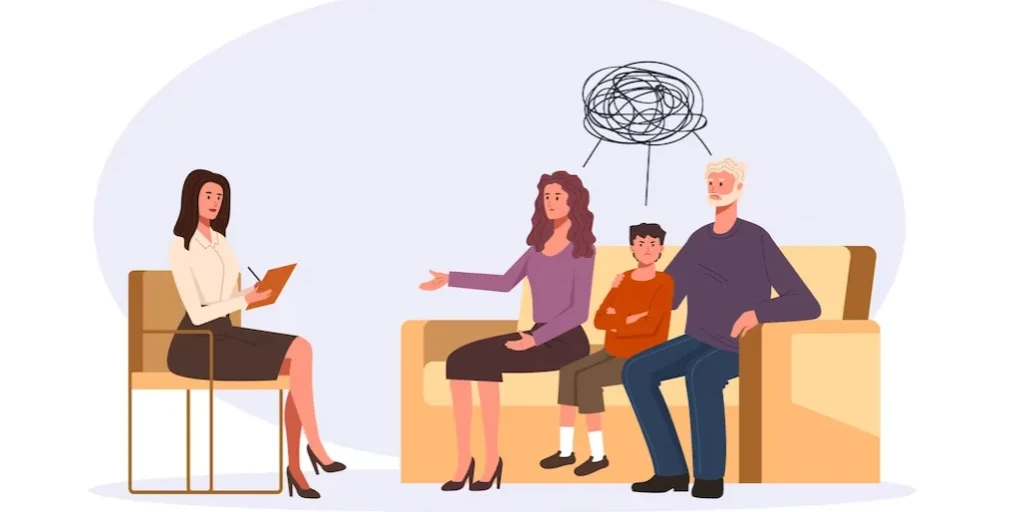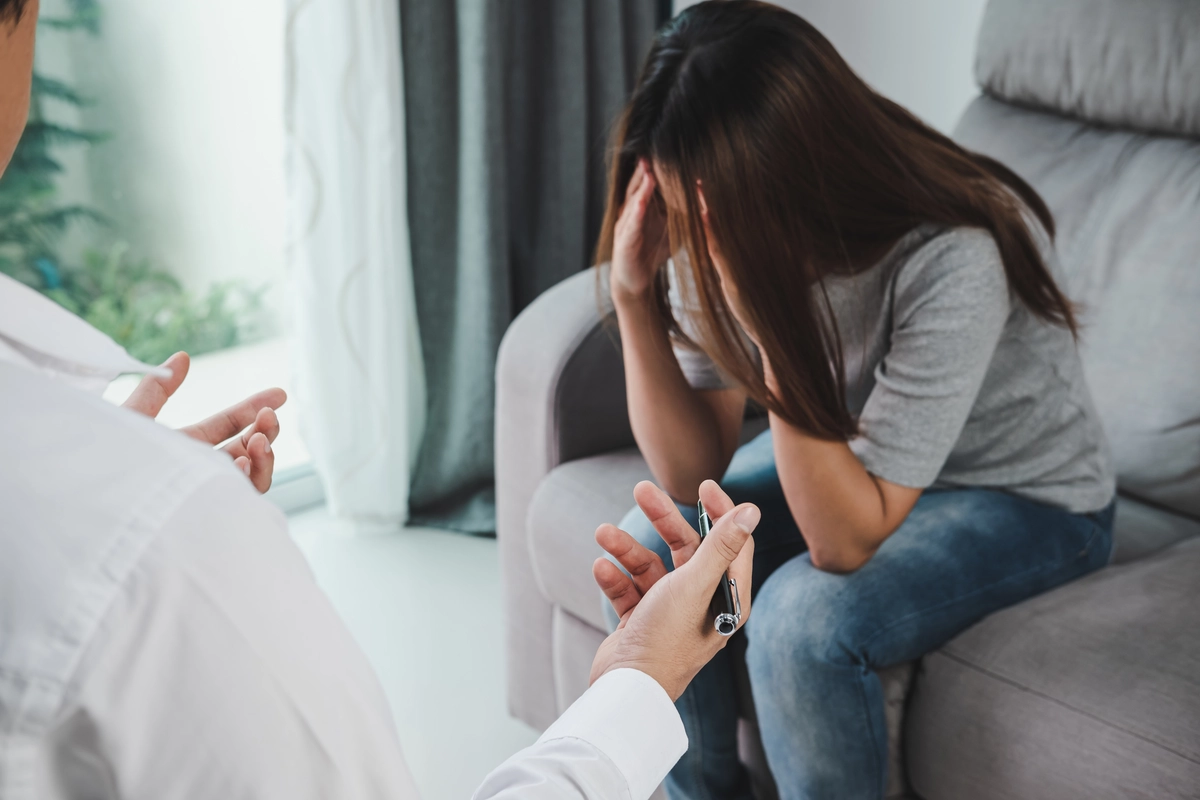24/7 Helpline:
(866) 899-111424/7 Helpline:
(866) 899-1114
Learn more about Bipolar Disorder Treatment centers in Edenton
Bipolar Disorder Treatment in Other Cities

Albemarle Mental Health – Outpatient Facilities – Edenton
Albemarle Mental Health – Outpatient Facilities – Edenton is a private rehab located in Edenton, Nor...

Albemarle Mental Health Center – Edenton
Albemarle Mental Health Center – Edenton is a private rehab located in Edenton, North Carolina. Albe...





























Other Insurance Options

Coventry Health Care

Magellan

Sutter

Aetna

Evernorth

Amerigroup

Lucent

Optima

Private insurance

BlueCross

Kaiser Permanente

Optum

Health Choice

MVP Healthcare

American Behavioral

Highmark

United Health Care

ComPsych

EmblemHealth

Carleon